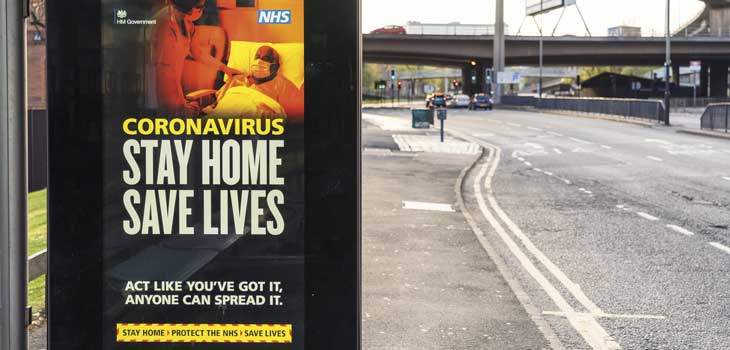
- The claim: damages in excess of £250m.
- The rival submissions: would proceeding with trial be inconsistent with the prime minister’s instruction?
- Judgment: a very clear message from legislature.
With the global coronavirus pandemic having a profound impact on the way in which many of us now work, if we are lucky enough to continue to have a job, and how businesses and services are able to operate, the recent decision in Re One Blackfriars Ltd (in liquidation) Hyde and another (joint liquidators of One Blackfriars Ltd) v Nygate (in his capacity as representatives of the estate of James Joseph Bannon) and another [2020] EWHC 845 (Ch), [2020] All ER (D) 75 (Apr) provides an interesting example of some of the issues which the pandemic has raised in terms of access to justice and the continuing operation of the courts. More particularly, it required the









